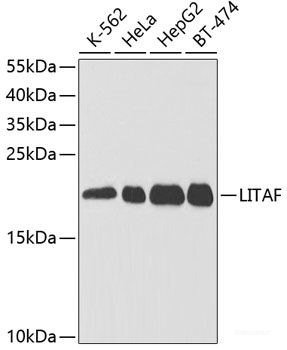Cookie preferences
This website uses cookies, which are necessary for the technical operation of the website and are always set. Other cookies, which increase the comfort when using this website, are used for direct advertising or to facilitate interaction with other websites and social networks, are only set with your consent.
Configuration
Technically required
These cookies are necessary for the basic functions of the shop.
"Allow all cookies" cookie
"Decline all cookies" cookie
CSRF token
Cookie preferences
Currency change
Customer-specific caching
FACT-Finder tracking
Individual prices
Selected shop
Session
Comfort functions
These cookies are used to make the shopping experience even more appealing, for example for the recognition of the visitor.
Note
Show the facebook fanpage in the right blod sidebar
Statistics & Tracking
Affiliate program
Conversion and usertracking via Google Tag Manager
Track device being used
If you have any questions, please use our Contact Form.
You can also order by e-mail: info@biomol.com
Larger quantity required? Request bulk
You can also order by e-mail: info@biomol.com
Larger quantity required? Request bulk
Lipopolysaccharide is a potent stimulator of monocytes and macrophages, causing secretion of... more
Product information "Anti-LITAF"
Lipopolysaccharide is a potent stimulator of monocytes and macrophages, causing secretion of tumor necrosis factor-alpha (TNF-alpha) and other inflammatory mediators. This gene encodes lipopolysaccharide-induced TNF-alpha factor, which is a DNA-binding protein and can mediate the TNF-alpha expression by direct binding to the promoter region of the TNF-alpha gene. The transcription of this gene is induced by tumor suppressor p53 and has been implicated in the p53-induced apoptotic pathway. Mutations in this gene cause Charcot-Marie-Tooth disease type 1C (CMT1C) and may be involved in the carcinogenesis of extramammary Paget's disease (EMPD). Multiple alternatively spliced transcript variants have been found for this gene. Protein function: Plays a role in endosomal protein trafficking and in targeting proteins for lysosomal degradation (PubMed:23166352). Plays a role in targeting endocytosed EGFR and ERGG3 for lysosomal degradation, and thereby helps downregulate downstream signaling cascades (PubMed:23166352). Helps recruit the ESCRT complex components TSG101, HGS and STAM to cytoplasmic membranes (PubMed:23166352). Probably plays a role in regulating protein degradation via its interaction with NEDD4 (PubMed:15776429). May also contribute to the regulation of gene expression in the nucleus (PubMed:10200294, PubMed:15793005). Binds DNA (in vitro) and may play a synergistic role with STAT6 in the nucleus in regulating the expression of various cytokines (PubMed:15793005). May regulate the expression of numerous cytokines, such as TNF, CCL2, CCL5, CXCL1, IL1A and IL10 (PubMed:10200294, PubMed:15793005). [The UniProt Consortium]
| Keywords: | Anti-LITAF, Anti-p53-induced gene 7 protein, Anti-LPS-induced TNF-alpha factor, Anti-Small integral membrane protein of lysosome/late endosome, Anti-Lipopolysaccharide-induced tumor necrosis factor-alpha factor, LITAF Polyclonal Antibody |
| Supplier: | Elabscience |
| Supplier-Nr: | E-AB-60978 |
Properties
| Application: | WB, IHC |
| Antibody Type: | Polyclonal |
| Conjugate: | No |
| Host: | Rabbit |
| Species reactivity: | human, mouse |
| Immunogen: | Recombinant protein of human LITAF |
Database Information
| KEGG ID : | K19363 | Matching products |
| UniProt ID : | Q99732 | Matching products |
| Gene ID : | GeneID 9516 | Matching products |
Handling & Safety
| Storage: | -20°C |
| Shipping: | 4°C (International: -20°C) |
Caution
Our products are for laboratory research use only: Not for administration to humans!
Our products are for laboratory research use only: Not for administration to humans!
Information about the product reference will follow.
more
You will get a certificate here
-30 %
Discount Promotion
Viewed









